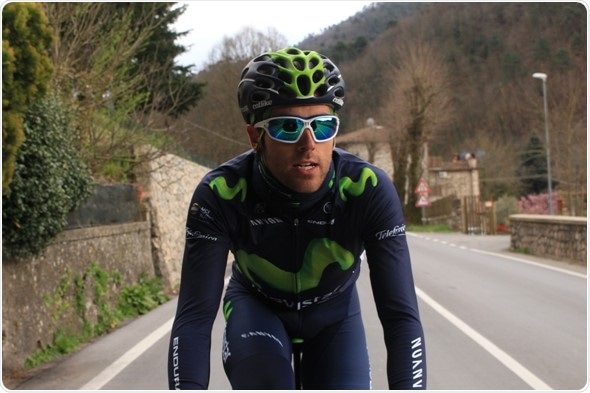Nov 21 2016
A new organisation, Little Bleeders, founded by Commonwealth Gold Medalist and elite Team GB cyclist Alex Dowsett, launches today to support young haemophiliacs across the UK
Young Ambassadors, healthcare professionals and some of the UK’s elite athletes have today joined together to launch Little Bleeders – a foundation tackling inactivity in boys and young men living with haemophilia, head-on across the UK. Little Bleeders is raising awareness that despite many saying otherwise, young haemophiliacs can participate in sport, particularly swimming and cycling and achieve as much as any other person. Exercise is hugely important for strengthening bones and muscles, which can actually help prevent bleeds and damage and therefore improve haemophiliacs quality of life.

Alex Dowsett
Commonwealth Gold Medalist and 4 x National Time Trial Champion Alex Dowsett said:
Despite suffering with haemophilia I’ve gone on to achieve success in cycling and I will continue to offer support and guidance to children with haemophilia and their families. It means a great deal to me that young people with haemophilia are getting the medical support they need and through our inspirational Ambassadors, I hope that more boys and young men living with haemophilia can enjoy the benefits of sport.
Trustee and Lead clinician at Little Bleeders Dr Dan Hart, Honorary Consultant Haematologist, Barts and the London School of Medicine and Dentistry states:
Research tells us that weak muscles don't support joints as well, making bleeding episodes more likely. Young people and their parents should talk with their doctors and nurse specialists about participating in sport, but swimming and cycling are excellent initial options.
Little Bleeders is a new multidisciplinary group, bringing together young haemophiliacs and doctors and nurses in the field of haemophilia. It aims to raise awareness of the severity of the disease, but ensure children are given the chance to discover sport with appropriate guidance and support. It is very important for a child’s development to participate in team sports although it is natural for parents to want to protect their children from injuries and bleeds. Little Bleeders believes that it’s equally important for children to develop self-confidence and self-esteem through sport.
Haemophila is an inherited condition that affects the body’s ability to control blood clotting, which is used to stop bleeding. Currently about 6,000 people in the UK are affected, most of which are males, 3,000 are young males and boys under the age of 25. Symptoms include internal or external ‘bleeds’ and vary with the severity of the disorder. Everyday cuts are an issue for haemophiliacs but often can be treated easily. But internal bleeding, which commonly occurs in the spaces around joints, frequently results in pain and swelling. If left untreated, it can cause permanent damage. Being active is essential for health & well-being and people living with haemophilia benefit from exercise and sport because they require good muscle tone to protect their joints from haemophilic-induced injuries and contribute to improved quality of life.
Wil Woan, Managing Director of Little Bleeders added:
It's massively important that we continue to support young people with haemophilia and their families to lead healthier and physically active lives. Over the next twelve months we are putting together a network of Young Ambassadors and working with parents to help support their Little Bleeder to enjoy sports.
Little Bleeders ‘Call to Action’:
- To increase awareness of blood disorders in young people
- To tackle to low levels of young people with blood disorders participating in sports (cycling and swimming)
- To provide support to families of children with blood disorders on how to engage in sport safely